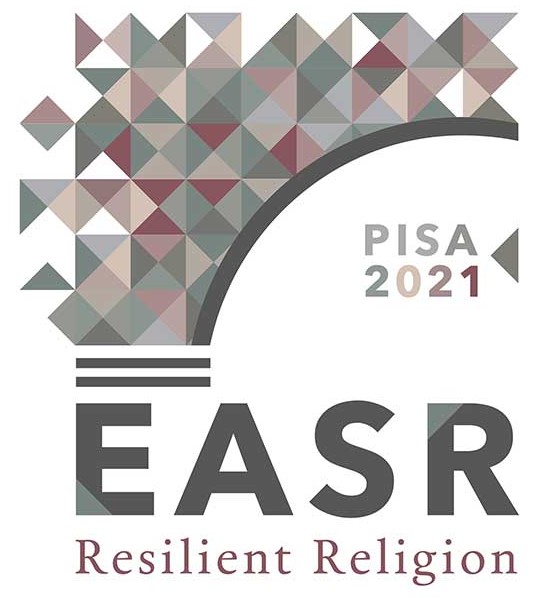Cultural Immunology as a paradigm for the study of resilience in religious traditions.
Religious traditions are commonly conservative but they may also react creatively to changes in their environments by e.g. ignoring, incorporating, transforming or rejecting novel stimuli from inside as well as outside the tradition(s). Sometimes novelties are accepted, at other instances rejected. We want to know why and how e.g. religious ideas, myths, rituals and institutions act as they do when ‘under pressure’. When does resilience govern and when does it break down?
Understanding the mechanisms behind both positive and negative patterns of action may require explanations of many kinds and, thus, here we select a focus on immunological psychological functions of institutions in minds and on discursive immunological functions in sociocultural formations with a special emphasis on religiously validated social institutions. Our basic premise is that collective and individual agents require structurally stable socio-cultural patterns and scaffolding for their continuance and the maintenance of normative collective life. We consider ontological as well as phylogenetic occurrences of resilience in relation to changes in religious traditions, whether they ignore, incorporate, transform or reject internal or external actions. We shall also consider mediations patterns such as blends, hybridizations and syncretisms.
As applied here, the immunological perspective contends that any cultural system forms an ecology of concepts that aligns mental representations between members of a group. Such concepts facilitate communication and coordination of behavior and impose selective constraints on the acquisition of new ideas as a function of their degree of fit with already present ideas. Based on recent developments in cognitive neuroscience and theoretical biology we present an innovative model of (a) what cultural systems are and what they are good for, (b) how they attain resilience and stability with a special focus on religion, and (c) how they interact with other cultural systems and with social institutions. In short, we suggest a radical rethinking of the very ontology of resilience in the ‘cultural sphere’ as an immunology of cultural systems.
In that respect, the histories of religious traditions, as stable feedback loops, demonstrate how cultures arise and persist, how ideas spread and how and why transmission matters. Case studies in the epidemiology of representations show how cognitive attractor positions and predictive processing in individual minds are reinstating the importance of cultural systems in collective representations and the formations of cultural expectancies. Perceptual enactivism, distributed cognition, social entrainment and the emergence and stability cultural systems all point to the salience of a cultural immunology explanatory framework and the idea of culture as an immunological system coordinating organisms and limiting interpersonal prediction error. This latter is precisely what social institutions offer: stability and resilience of cultural systems. Religions provide ample and substantial examples here and we shall provide a range of them as prime instances of socio-cultural resilience.
We kindly invite colleagues to join and submit their contribution.
Jeppe Sinding Jensen: jsj@cas.au.dk
